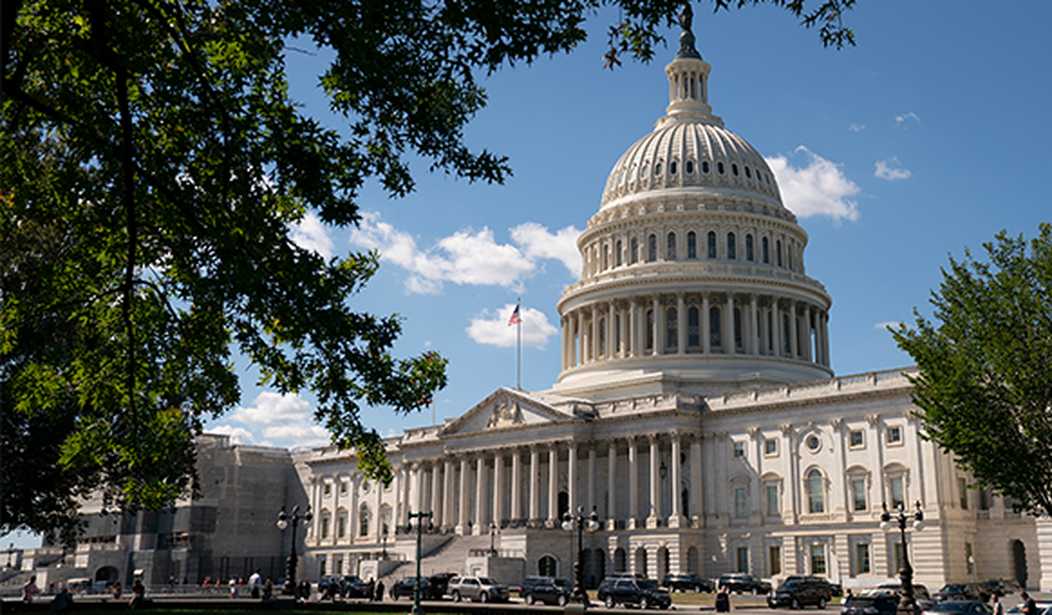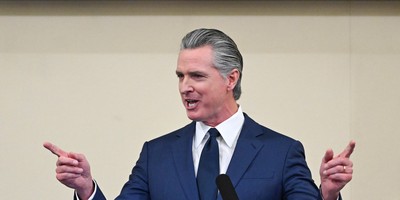Rahm Emanuel infamously said, “Never let a serious crisis go to waste.” It seems some members of Congress have taken his advice.
In a rush to help states that are financially struggling—or preparing for financial turmoil—as a result of the COVID-19 pandemic, Congress passed the Families First Coronavirus Response Act (FFCRA) last month. Despite their best intentions, the fallout from this piece of legislation could be objectively catastrophic for states. Indeed, the bill worsens many of the problems it purports to solve, and Congress must act swiftly to fix it.
The FFCRA offers states increased federal Medicaid dollars to help them weather the virus-induced economic storm that is brewing. But, as always, the devil is in the details and these enhanced Medicaid dollars come with very, very long strings attached.
Specifically, in order to obtain the increased funding, states must agree to not remove ineligible enrollees from Medicaid. You read that right: in order to get federal relief funding, states must continue to give Medicaid benefits to people who no longer qualify for Medicaid, including people who go back to work and increase their incomes beyond the program’s income limit.
States also cannot strengthen eligibility standards or procedures, nor can they increase premiums beyond what they were in January.
This formula forces a nearly impossible choice upon states: compromise the integrity of their Medicaid programs by ignoring fraud, or refuse the funding and go it alone.
And this is putting many states over a barrel, because they desperately need the money.
States have been grappling with skyrocketing Medicaid costs for years—Medicaid consumes nearly one out of every three dollars states spend. And as a result of the pandemic, this reality is about to get much, much worse.
Indeed, unemployment claims have already reached record levels in recent weeks and, for the immediate future, this seems to be the new normal. Many of these newly-unemployed individuals will soon be walking through the front door of the Medicaid program.
Recommended
But if states accept the enhanced funding, they will be unable to remove any ineligible enrollees in the coming months to make room for new applicants—even though Medicaid enrollees generally face rapidly changing life circumstances that affect their eligibility.
In fact, states frequently report more than 30 percent of enrollees have their enrollment canceled at their annual reviews, due to changing circumstances. As the economy continues to fluctuate, some of these changes will accelerate further as Americans begin to go back to work in the coming weeks and months.
Being able to remove enrollees as their situations change, to free up resources for those who are truly in need, is perhaps the bare minimum of what states should be allowed to do—making sure people who receive welfare benefits actually qualify for them.
But if states want additional help from federal taxpayers to get through the COVID-19 crisis, they’ll have to surrender this tool and sacrifice the integrity of their programs.
To recap: states will be facing—and are already facing—a massive influx of new Medicaid applicants. If they want additional funding to help cover some of these new costs, they will have to agree to retain ineligible enrollees as well, further exploding their budgets. It is truly a Medicaid perfect storm.
In fact, states would be better off rejecting the enhanced funding as it is unlikely to come anywhere close to offsetting the increased Medicaid costs they would face as a result of the long federal strings attached.
FFCRA’s enhanced funding strings are decidedly unfair. Instead of empowering states to effectively deal with the crisis, Congress has tied its hands and given them an impossible choice. But states should never have to choose between the integrity of their programs and a package deal of relief funding, Medicaid for All, and unchecked welfare fraud.
Congress made this mess. Now they need to fix it.
Nic Horton is the research director for the Foundation for Government Accountability.
























Join the conversation as a VIP Member